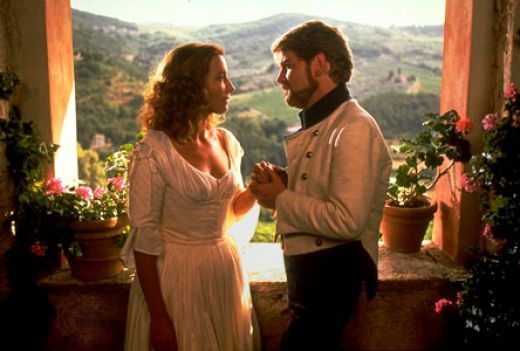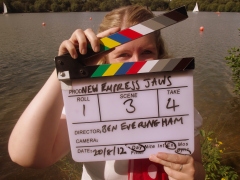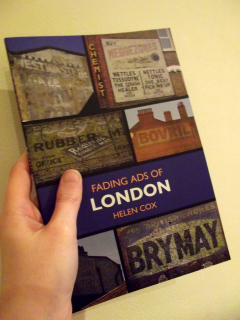Much Ado About Nothing?
Last Tuesday I attended a conference about love in literature and, naturally enough, a whole section of the seminar was devoted to the works of Shakespeare. Director, actor and lecturer Nick Hutchison presented a dizzying range of thought-provoking material during his hour upon the stage, but one particular nugget of information he relayed left me speechless for a good twenty minutes. Anyone who knows how much I talk, understands how spectacularly impressive this really is.
Much Ado About Nothing is my favourite Shakespeare play. It’s not perfect, I accept that, but Beatrice and Benedick’s relationship is, to me, the perfect model of love. After all, if you haven’t got a witty repartee going with someone, what’s the point? Beatrice and Benedick’s incessant banter conveys their equality to the audience. Neither can quite best the other but that doesn’t stop either of them trying or provoke either of them to admit defeat.
There’s just one thing about the play that has always bothered me: a jarring moment at the very end when Benedick says: “Peace, I will stop your mouth” before kissing Beatrice. This command, and Beatrice yielding to it without question, has always grated on me; it is a move that seemingly gives Benedick the upper hand in the situation, a move that seems contrary to the whole spirit of the rest of the play. Something about it always felt wrong.
Nick Hutchison explained in his lecture that in the original text this line did not belong to Benedick at all, but to Beatrice’s uncle Leonato and that the kiss was added some time in the 18th century. This version of the script has become the most accepted and there are now only one or two editions in print that give that line to Leonato as Shakespeare originally intended. It’s no wonder that line always seemed out of place, it wasn’t Shakespeare. It was someone else and it stands out as such to anyone who has attentively read or watched his work. To my ears he has a distinct tone and agenda and this line is not keeping with that. Hutchison’s interpretation of the original set-up is that Leonato would utter that line whilst pushing together the two reluctant lovers, forcing them to kiss and publicly admit their love.
Why does this matter? Isn’t this all much ado about nothing? Well, that depends on how much the minute details of literature matter to you, I suppose, but that small change does vastly alter the underlying statement of Shakespeare’s work. If Hutchison’s judgment is to be accepted, and it certainly makes a lot more sense in relation to the rest of the play, this means that one could interpret the change made in the 18th century as replacing Shakespeare’s message of gender equality with one of masculine dominance. That’s a bit of a shift – endings, like beginnings, are particularly important. Especially in literature. And this line pretty much closes the book on Beatrice and Benedick; it’s our lasting impression of them.
There are those who don’t believe Benedick’s kiss to be forceful at all. Some people actually believe that kiss to be a sign that Benedick gives in before Beatrice as he can’t resist kissing her any longer than he already has done. Although there’s nothing wrong with that interpretation, it still leaves them on an oddly unequal footing. The fact remains that Shakespeare originally intended something different and given that his body of work offers up some pretty heady examples of rhetoric, one can only assume that he wanted it that way for a reason.



